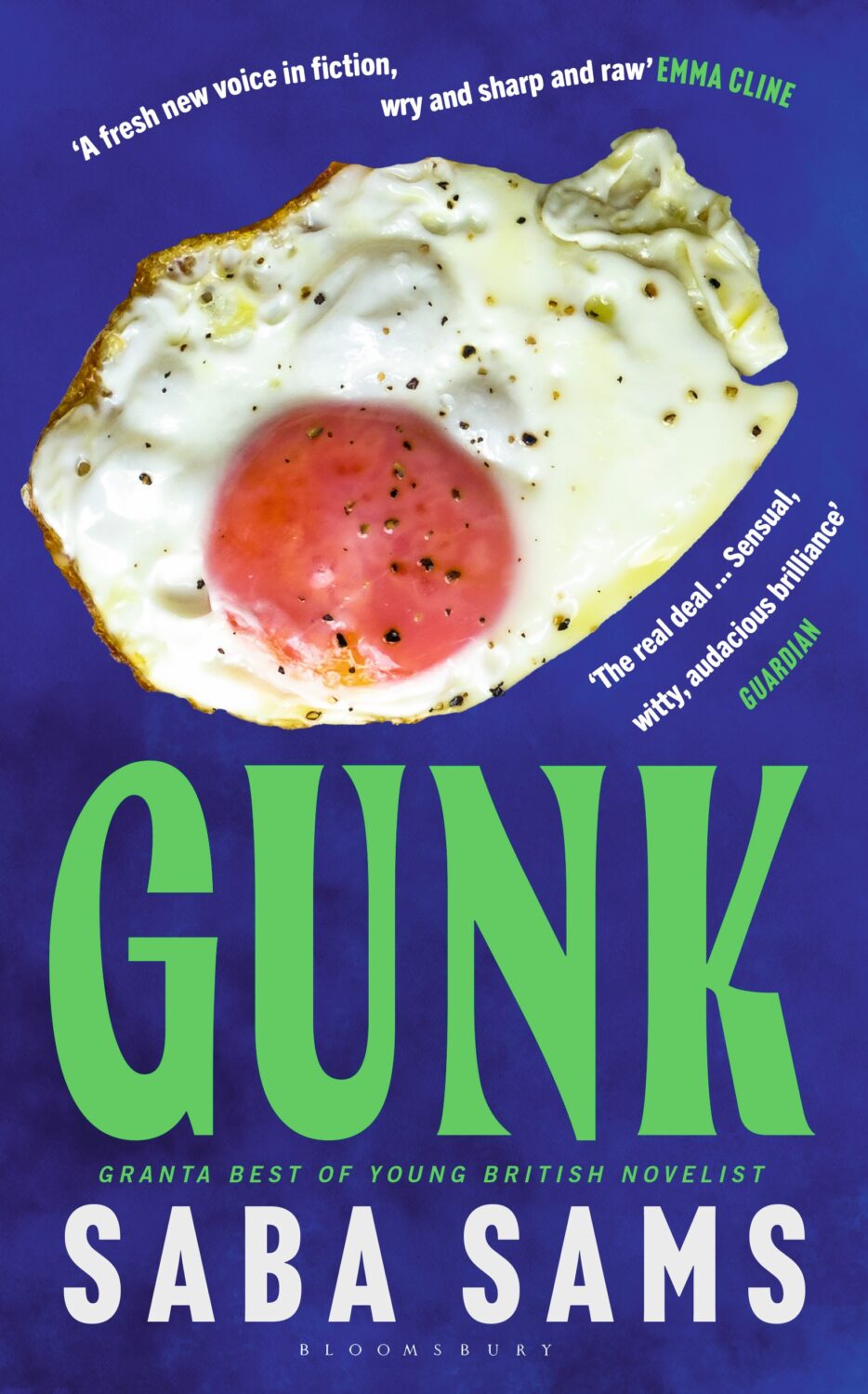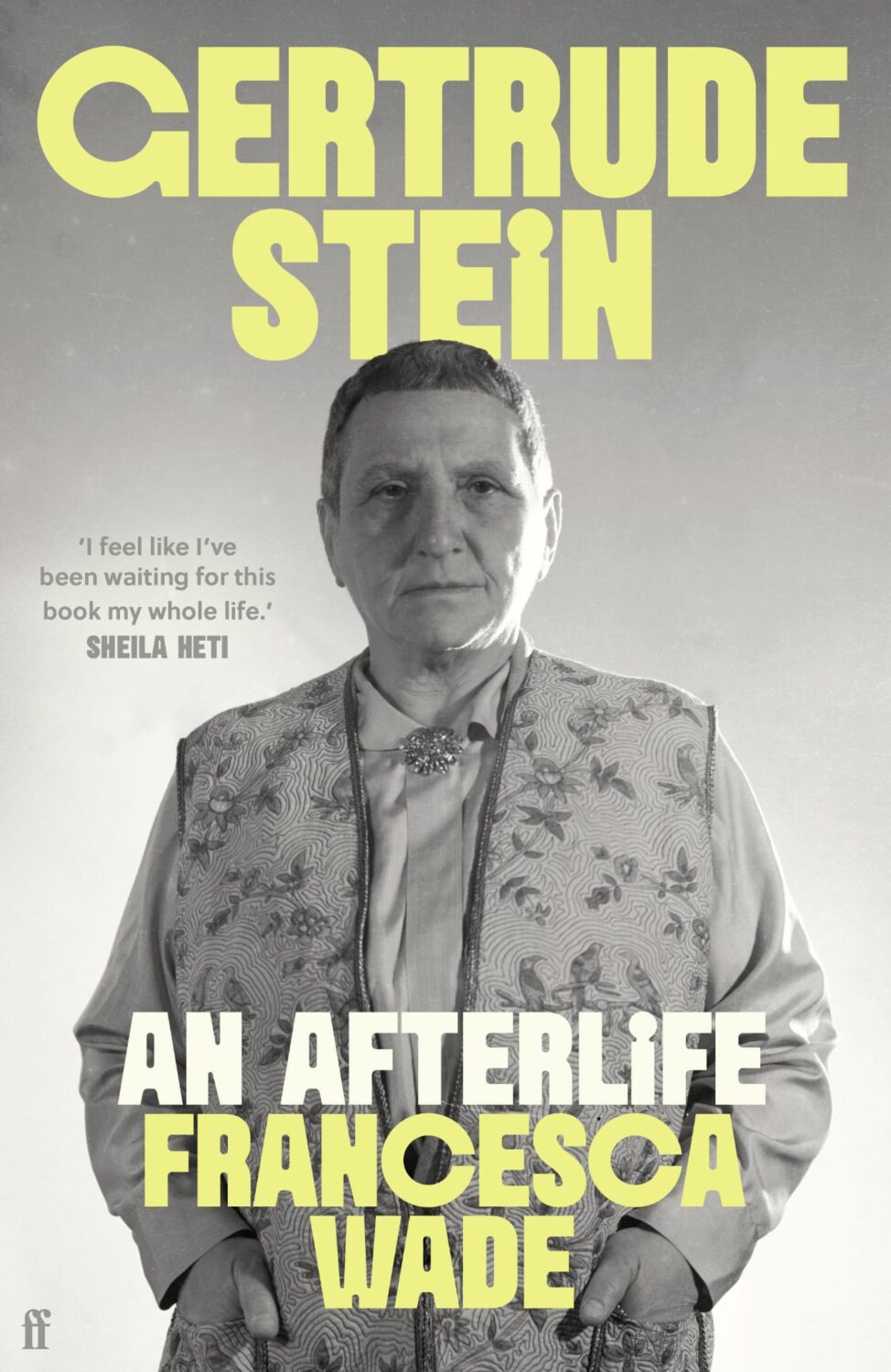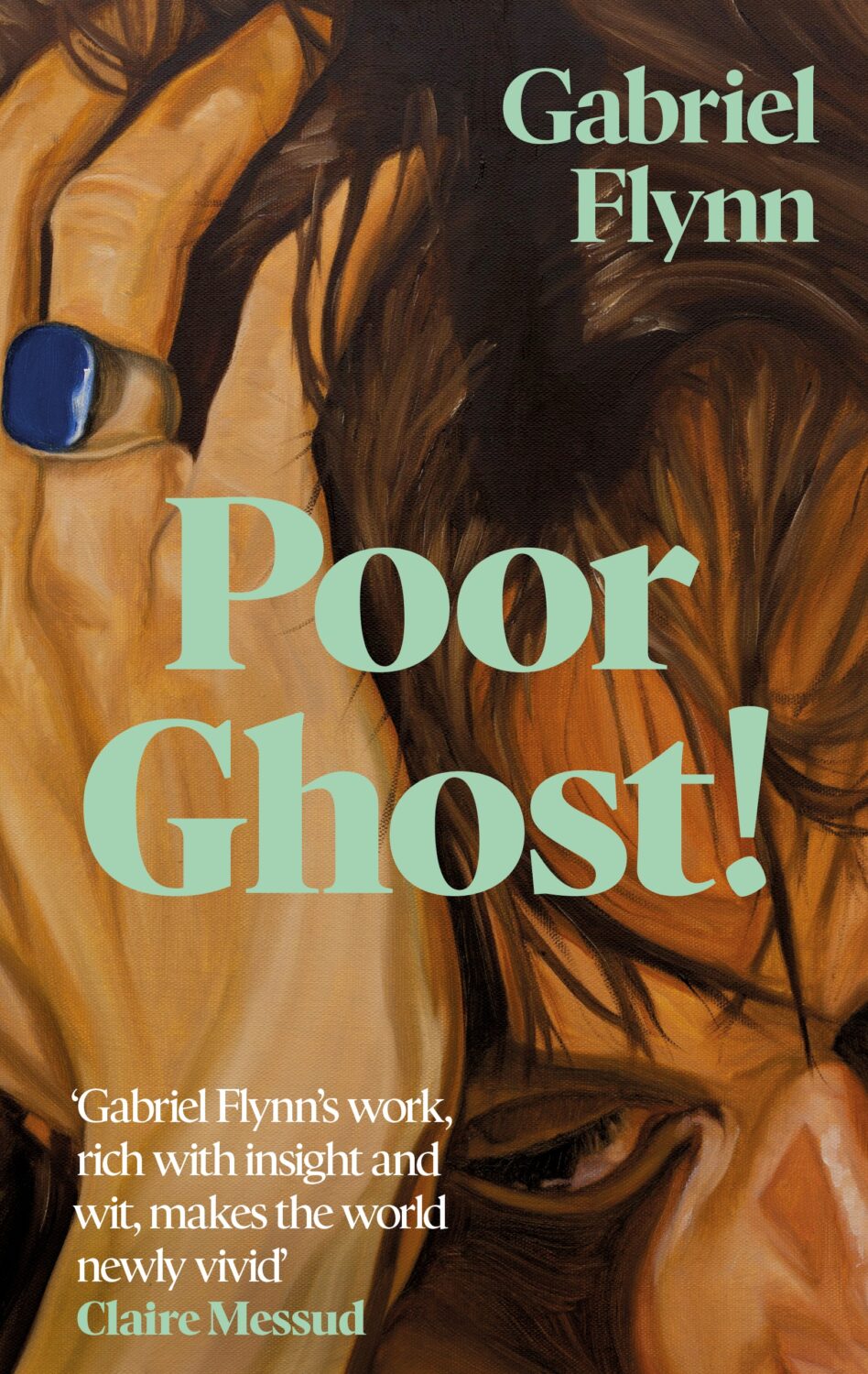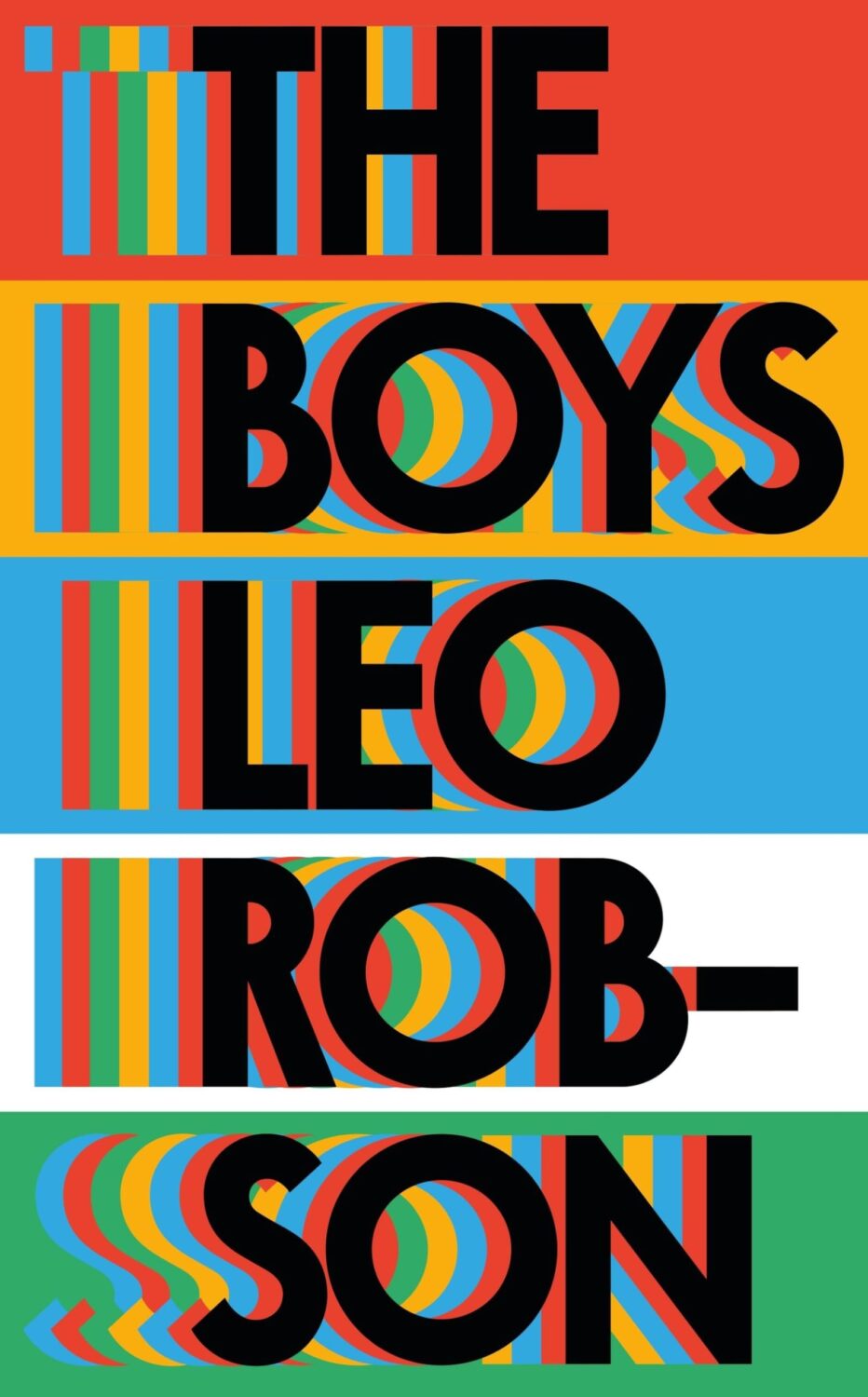Reading List: Five New Books to Read This Month
By Bartolomeo SalaJust in time before the end of the month and the official start of summer, here are five books—mostly UK debuts, a couple somewhat farther afield—that will keep you reading while waiting for good weather.
GUNK, Saba Sams

Bloomsbury Circus, pp. 240
Set mostly around a grimy student club in Brighton—Gunk, the debut novel by Send Nudes author Saba Sams, centres on Jules, a divorced thirty-something bartender who finds herself tending to the child her sleazebag former husband (but still current employer) had with one of her colleagues, who was barely 18 when she joined.
Don’t be fooled by the kitchen sink-drama set-up, Gunk is an exploration of such subjects as motherhood and same sex attraction, as well as the pitfalls of heteronormativity, as subtle and knotty as it gets—made all the more exhilarating by the author’s ability to inhabit the POV of Jules, a character who has no full understanding of the extent of her desire. Proof of the (in theory, exceedingly obvious) fact that there is life beyond Zone 2.
GERTRUDE STEIN: AN AFTERLIFE, Francesca Wade

Faber & Faber, pp. 480
A central, if under-appreciated, figure of Modernism, as well as a close friend to Hemingway, Matisse, Picasso—Gertrude Stein has long been considered the patron saint of the Paris avant-garde, a cross-pollinator who is far more likely to make a cameo in someone else’s life story than an author in her own right.
In Gertrude Stein: An Afterlife, Francesca Wade tries to rectify that by telling the double story of her extraordinary life and then how that literary biography sort of eclipsed her critical reception in subsequent scholarship. It sounds all pretty stuffy and dry, but the result reads as fluently as a page-turner and bursts with the author’s fascination for this often maddening, larger-than-life character. A proper yarn which hopefully will appeal to a much wider audience than it should.
POOR GHOST, Gabriel Flynn

Sceptre, pp. 272
There was a time when English fiction—indeed, English culture at large—was dominated by the figure of the “Angry Young Man”, that loose cannon caught between working class upbringing and stifled dreams of social mobility. It doesn’t seem to fare so well nowadays (as with all tropes, it becomes tiresome). Still, once in a while, comes along a debut that sort of revives this old genre, better yet if injected with a healthy dose of self-deprecating humour.
As a PhD drop-out prone to self-sabotaging solipsism, Luca is not exactly a likeable lead. However, the book not only explores trappings of working class identity and a certain model of masculinity with sincerity and assured prose, but also explores the mixed feelings any homecoming generates and how that plays out in the specific context of Manchester, a place with its own storied working class identity.
THE BOYS, Leo Robson

riverrun, pp. 304
Leo Robson is one of the few real literary critics left—an accomplished, shrewd essayist as well as a regular contributor to such outlets as the Newstatesman, the New Yorker, and the London Review of Books. So perhaps it was inevitable that his fictional debut—behind the flashy, provocative title The Boys—bears the unmistakable, if distant mark of the literature he reveres as a reader.
Set against the backdrop of the 2012 London Olympics and taking place mostly around Swiss Cottage, in north London—it comes across a rather languid, plotless read for today’s standards where everything should be summarised in an easy one-liner. In reality, the story of Johnny and his “genial” half-brother Lawrence is mostly a vehicle for the kind of “deep noticing” and snappy dialogue fellow critic James Wood attributes to (currently much less fashionable) authors such as Martin Amis and Saul Bellow. A nostalgic read, full of delicious individual snippets.
THE DESERTERS, Mathias Énard

Fitzcarraldo Editions, pp. 224
I am usually quite suspicious of authors which lean into horror and war atrocities as the subject matter. Not because I am against what a much ridiculed critic defined, it must be said, with a nice portmanteau called “brodernism”, but this sort of literary fiction with maximalist pretensions is often the last refuge of talentless mediocrities and self-importance.
Then, there are the exceptions—and those, of course, tend to be the authors who will be read for years to come. Although I had a few of his novels lying around my apartment, I must confess I never got to read Mathias Énard before. Now that I finally read his latest novel The Deserters—interlacing the story of East German mathematician and Holocaust survivor Paul Heudeber and the stream of consciousness of an anonymous deserter fleeing a nameless war—I will be sure to read the rest of his works.
Translated from French by Charlotte Mandell.
Bartolomeo Sala is a writer and reader based in London. His writing has appeared in Frieze, Vittles, and The Brooklyn Rail. Read more of Bart’s writing for Something Curated here.
Header image courtesy of riverrun.